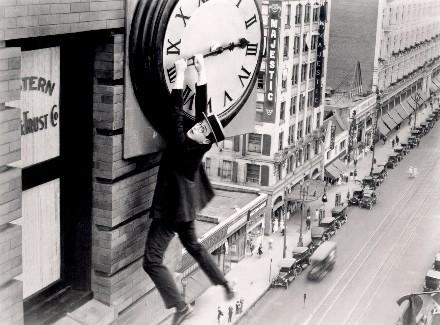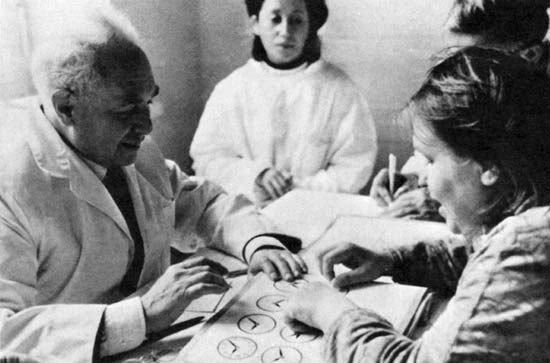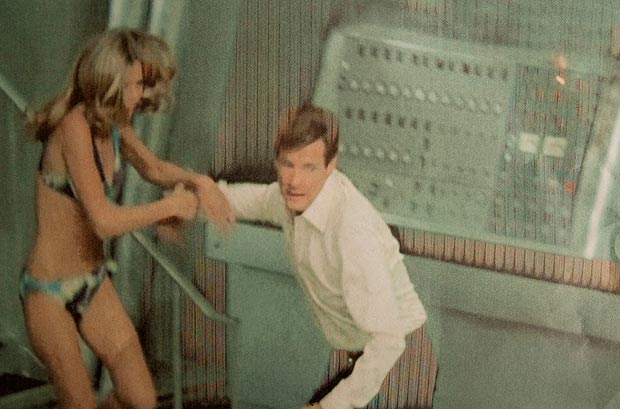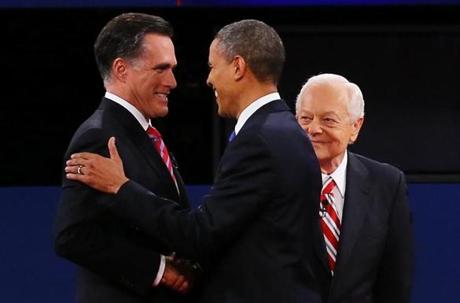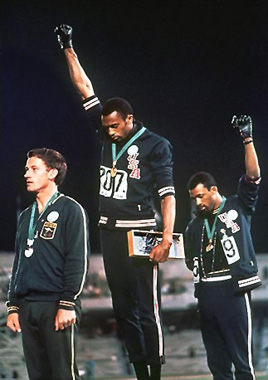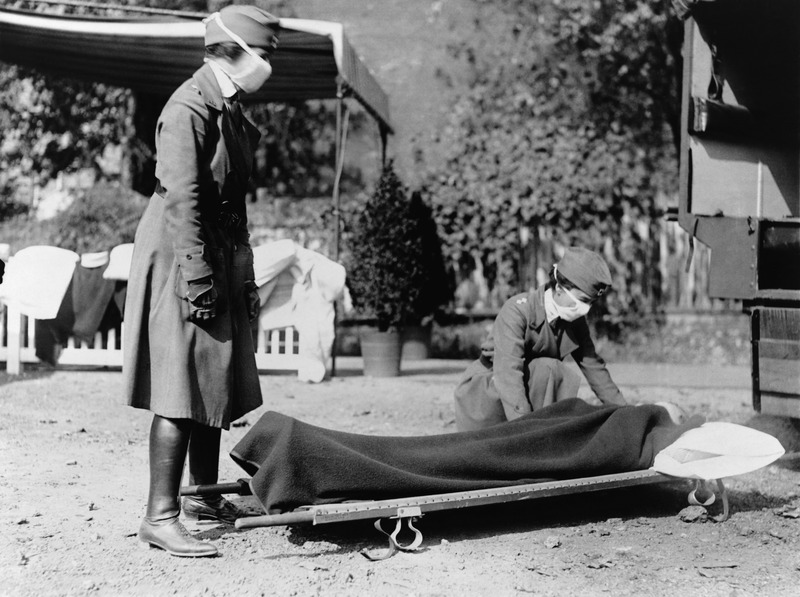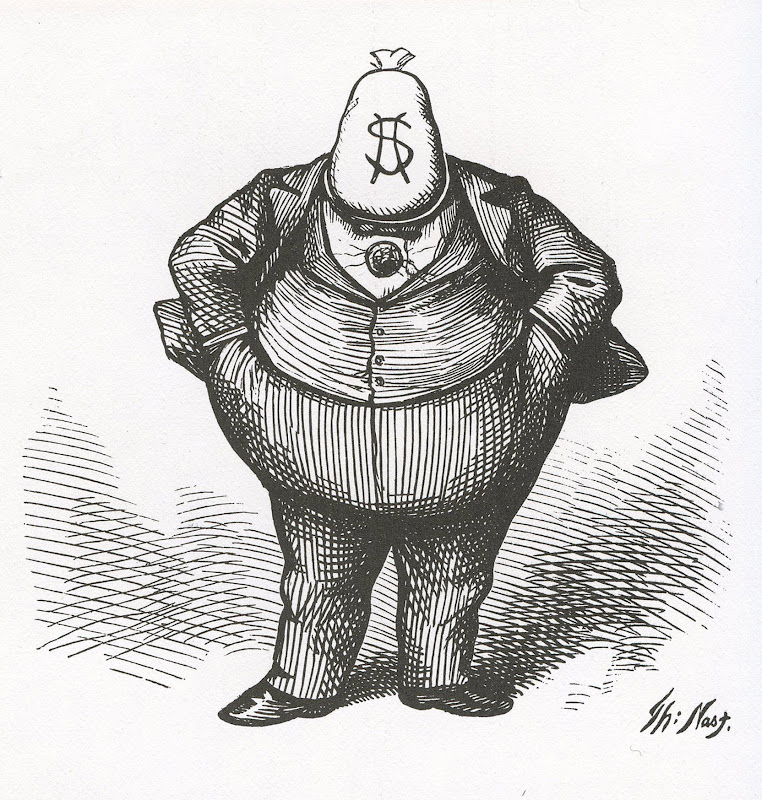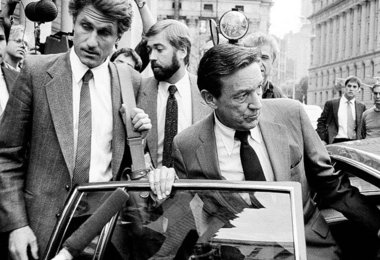Duncan Watts, author of the new book, Everything Is Obvious, on Steven Cherry’s IEEE Spectrum podcast shooting down the most common explanations given for why the Mona Lisa is the most famous painting in the world:
“Steven Cherry:
You take up some interesting questions in the book. For example, why is the Mona Lisa the most famous painting in the world?
Duncan Watts:
Well, it’s a great question. It’s one that I spend a fair bit of time talking about in the book. It’s—it clearly is the most famous painting in the world. If you’ve ever been to the Louvre, and I assume that many of your listeners have, you probably have stood in front of the Mona Lisa at some point and sort of wondered to yourself why is this the most famous painting in the world. Because when you get there, it sort of seems somewhat disappointing. Now if you—if you listen to the—the experts, the—the art critics, they will tell you that there are sort of all sorts of attributes that might not be immediately obvious to a naive viewer that explain why the Mona Lisa is so special. And they’ll talk about the—sort of innovative painting technique that da Vinci invented to achieve that sort of dreamy kind of finish, the—the fantastical background behind the subject, which was quite unusual back in those days, the mysterious nature of the subject herself. We now know it’s Lisa del Giocondo, but that was not known for many years. The—of course, the famous enigmatic smile, the identity of the artist himself, the fact that he was also famous.
But what is interesting is that when you wrap all these things together and you say the Mona Lisa is famous because it has all of these features, really all you’re doing is saying the Mona Lisa is the most famous painting in the world because it’s more like the Mona Lisa than anything else is.
And this sort of vacuous-sounding statement actually turns out to be rather typical of the kinds of explanations that we give, particularly when we’re trying to explain success. We often see that something is successful and we ask why is it successful. And then when we give what we think is an explanation, it turns out it’s really just a description of the thing itself.”



